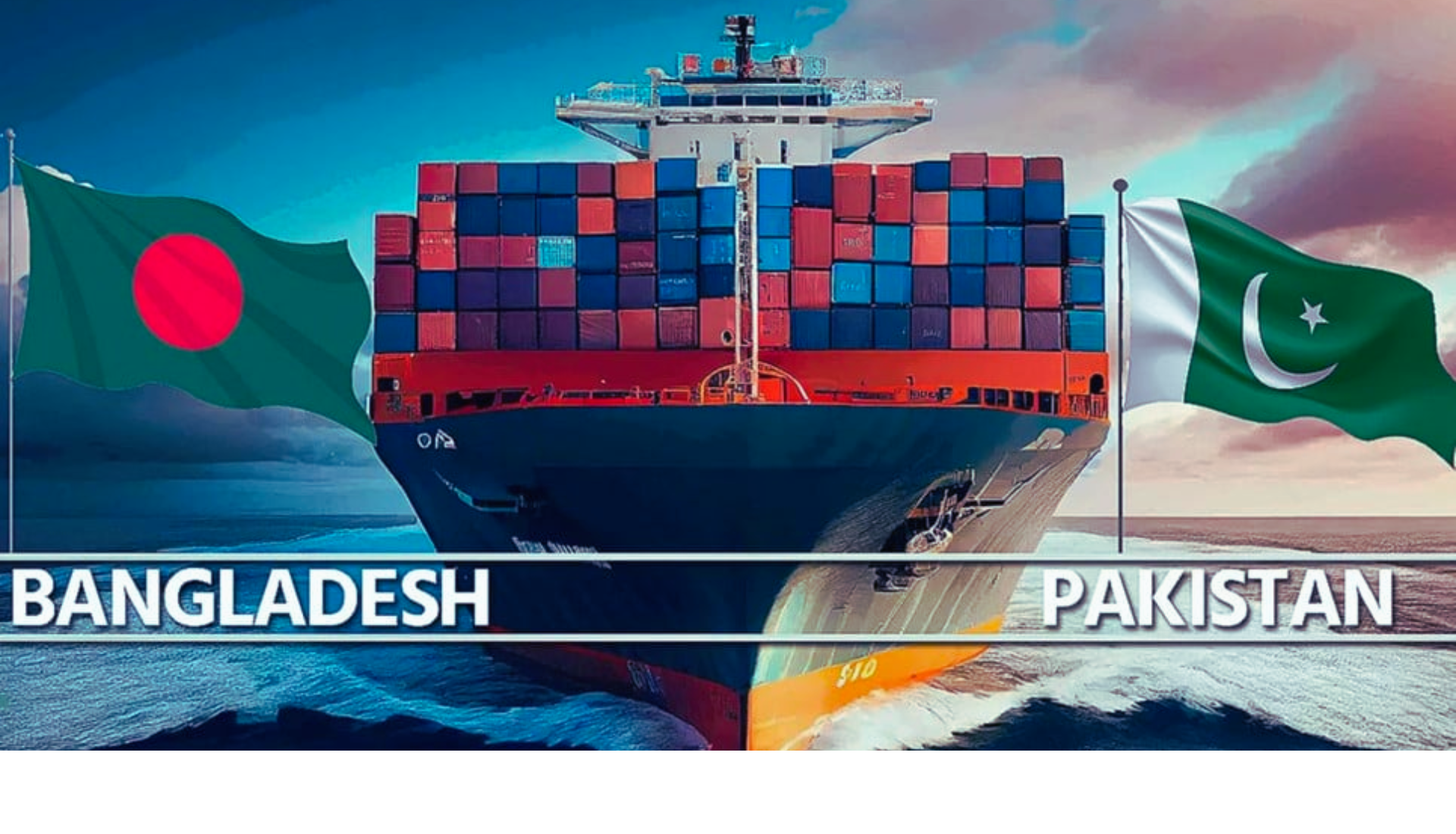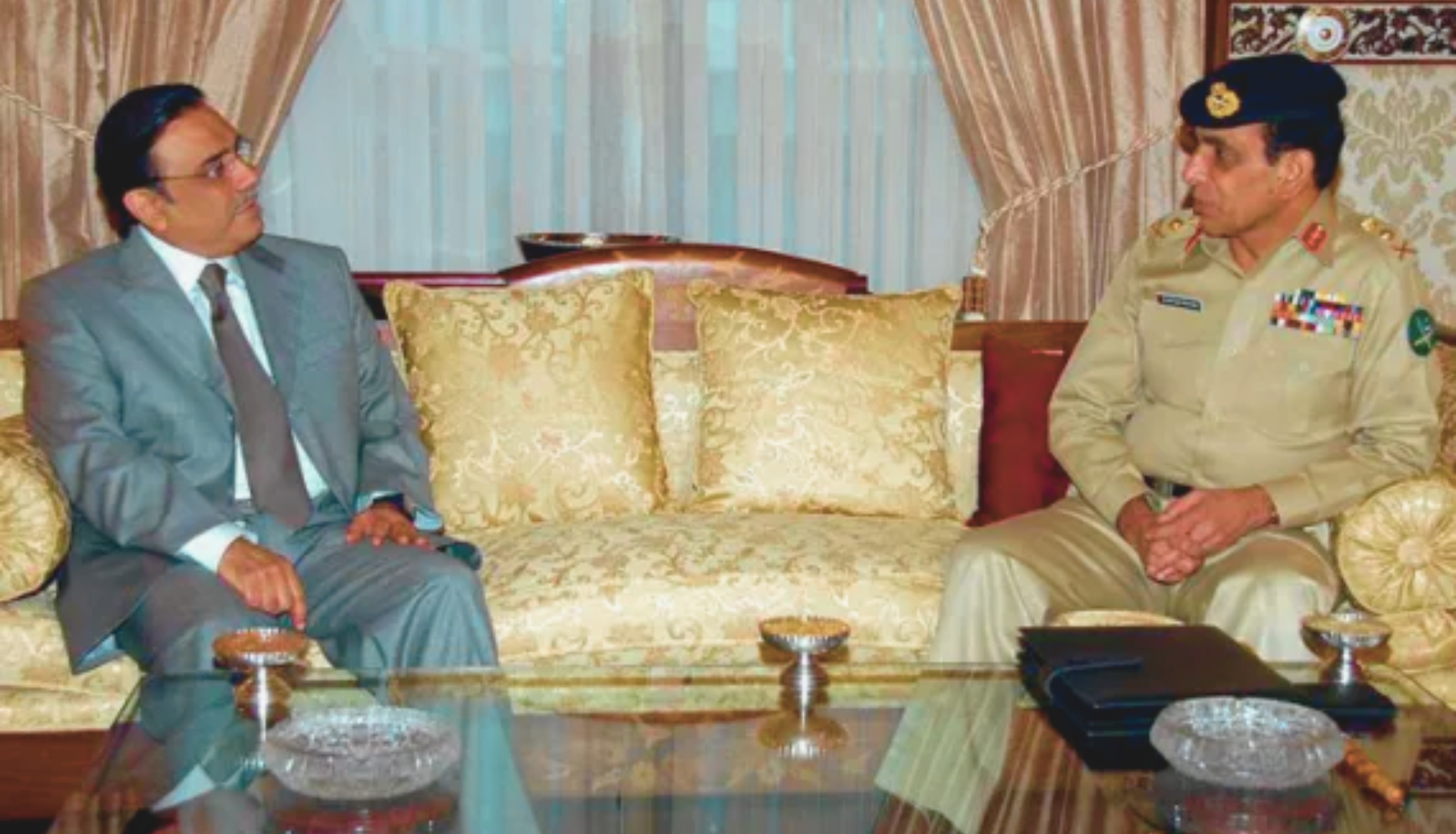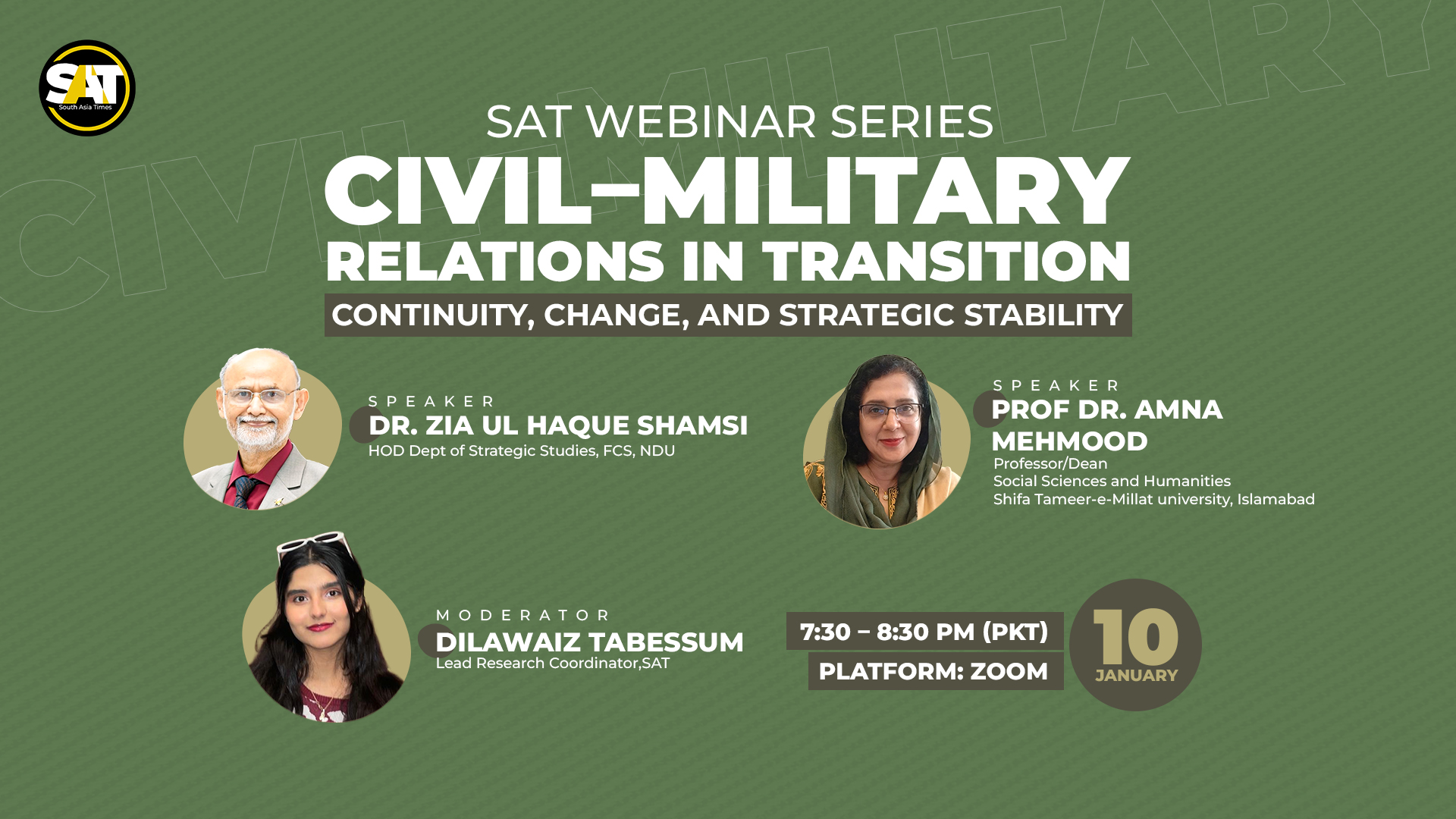The Heat Wave Center of the Pakistan Meteorological Department has predicted a heatwave in Karachi and its environs from April 23 to 25.
As reported, Karachi will face hot weather in the following days. The temperatures are expected to range between 38 and 40 degrees Celsius. According to a statement released by the Meteorological Department, all citizens are requested to take precautions.
According to the statement, sea breezes will not blow during the day. Therefore, the atmosphere will be marginally stronger in the evening, with hot humid winds possible. The temperature will range from 36 to 38 degrees Celsius.
Not the First Heatwave
This is the second heatwave of the year, with intense heat in Sindh and Baluchistan last month and a temperature of 40.2 in Karachi on March 31.
In 2015, Karachi experienced the deadliest heatwave in 50 years, killing hundreds of residents. The heatwave, which started on June 19 of that year and lasted five days in the capital, killed 1,200 people and caused over 40,000 heat strokes.
Precautions
According to the Provincial Disaster Management Authority (PDMA), the urban settlement is likely to experience a harsher heatwave. This is because these cities become hot islands. Back in 2015, Karachi set up 50 recovery centres for a heatwave, which treated more than 65,000 patients.
The PDMA has requested people to stay indoors unless necessary and to consume water as much as possible. Due to the excessive heat, health authorities have urged the public to stay at home, at work, and in cool areas, and have advised travellers to take precautions.
During excessive weather and heat waves, health authorities have also urged residents to drink more fluids, as well as fresh and tasty foods.
SOP’s in Case of Emergency
First, call an ambulance or drive the victim to the hospital yourself (delay in medical assistance may be fatal); then, when waiting for the ambulance, switch the patient to a shady place.
Place the patient on the floor with his feet propped up on a high item. Doing so will help increase blood flow to the heart. Loosen the patient\’s clothing if they are too close. Apply cold bandages or cold water to the patient\’s body.
Turn the pedestal fan against the patient, or blast the patient with something if there is no energy. Apart from that, do carry a bottle of water with you as you leave the home. Even though you are not fasting, and drink water as soon as you feel unwell. This is because fasting can be undone, however, life cannot.





